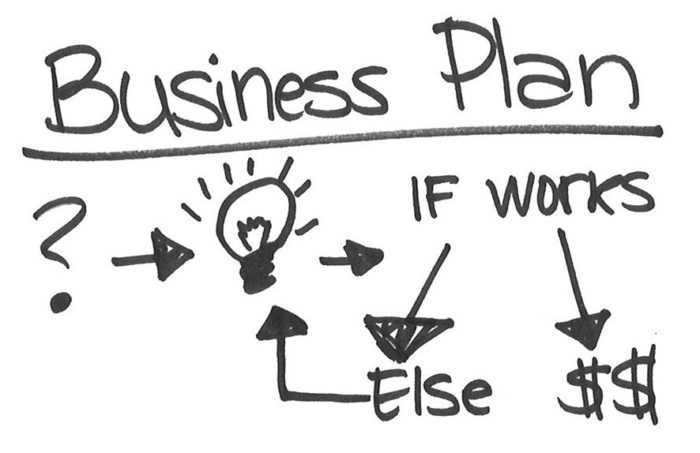
An ideal job for most of the young people is remote work and here are some possible jobs for making money from your home.
By Guy Avtalyon
Making money from home is possible and maybe the most popular these days.
But, what do your fellows or cousins say when you express your desire to make a lot of money from home?
Most of them say: “Okay, then go to school. Be a good student. Find a good job and work hard. ” You already know that, and it’s great to have an education. But this is not a guarantee that you will make big money. On the other hand, you know that there are many people who make a lot of money in a relatively easy and effortless way.
And whenever you mention to your crowd that you know some guy or girl who are making money from home, what answers you have as feedback?
“He’s/she’s a thief.” “He/she has connections everywhere.” “It’s not an honest business.” “He/she was lucky.” “He’s/she’s one in a million.” And a bunch of similar stories.
Yeah! Tell me something about that!
However, these are just excuses.
OK, the truth is that you have to work for money. But it is not enough just to do something. It’s important to do it SMART.
There is a saying: Do it smart, not hard.
And that’s true. If hard work is the only important thing to gain wealth, all the people in the world would be at least millionaires.
What does SMART work mean and how can you make money without HARD work?
It’s very simple.
Smart work means doing the work once, then for months (sometimes for years) to enjoy the fruits of your work.
Passive income is making money from home
When you heard someone say, “I started looking for ways to get a passive income.”
Probably never.
But you’ve heard a thousand times: “I started looking for a job.” (Or worse: “I’m waiting for a job.”)
And when you try to explain passive income to someone, they immediately say that you are lazy.
I’ve heard of innumerable ways of passive earning. You can write a song, record a home video, patent an idea, write a book. You can sell handmade on Etsy, you can be freelancer, virtual assistant, or you can sell cookies. Or even simpler, you may begin to earn money from home, by trading.
With the rapid development of computers, mobile devices, and faster Internet, there are more and more opportunities for automating some jobs and generating passive income.
I’ll give you the ultimate beginner’s guide to trading online. First of all, you have to recognize different kinds of trading.
What to trade while making money from home
STOCK TRADING: That is the art of buying, holding, and selling stocks (also called shares) of securities listed on public stock exchanges.
FOREX TRADING: That is the art of buying and selling currencies in the hopes of making profits on the difference in the value of such currencies in global economics.
OPTIONS TRADING: That is the form of derivative trading in which people trade contracts that give them the rights (but not obligation) to buy or sell an underlying asset at a predetermined price.
BINARY OPTIONS TRADING: Form of trading in which traders expect to earn a predetermined payout or nothing at all (they are also called all-or-nothing options) based on the success of their ‘prophecy’ of the outcome of a specific market event. Little complicated and not secure.
YOUR FIRST TRADE
You’ll need to decide on the kind of assets or securities you want to trade. After that, you’ll need to make is choosing the right broker or brokerage firm through which you’ll access the markets. That’s very important because the broker you choose will have a direct influence on securities you’ll be able to trade, on tools you’ll have at your disposal, how much you’ll pay in fees, and what final returns you can expect on your trades.
You have to find a broker that would charge relatively low fees and provide you with a full package of resources to make your trading experience easier.
TRADING STRATEGIES
The main difference between trading and investments is that a trader seeks out market movements for profit, on the other hand, an investor waits to profit from long-term price movements in the assets in their portfolio. A trader will make tens or hundreds of trades within a week while an investor will buy and hold an asset for months or years. The first action in creating your trading strategy is to create a trading plan.
A trading plan is like writing a business plan for some entrepreneurs. It will help you to make a realistic decision in periods of rapid market movement when your emotions might lead you to make impulsive decisions.
A trading strategy should include specific goals such as: getting out of debt, retiring early, making your first million. Also, your trading strategy should include your asset allocation and diversification moves. As a beginner, you shouldn’t put more than 5% of your trading capital per trade. Make sure your trading strategy contains a mix of fundamental analysis of global events, like wars that impact oil prices, but also technical analysis like trading rules based on price and volume transformations.
It is important because you can use this information to determine your entry into trades, your exit when the trade goes your way, and your escape when the trade goes against your plans. In you, your best interest is to develop the disciple to incorporate stop/limit loss orders into every trade you place.
New traders can use technology to lower the entry barriers to trading by automating many of the activities.
THERE ARE SOME OF THEM:
* Trading bots – This is simply computer programs with instructions based on a predetermined set of market indicators and parameters. You can use automated trading systems to trade stocks, options, futures, and foreign exchange products. It is based on a predefined set of rules, which determine when to enter an order, when to exit a position and how much money to invest in each trading product. Trading bots are especially helpful to beginner traders and sometimes, a bot can be an important market ally for reducing your losses.
* Stock screeners – That can help you filter the stocks in the market to narrow down potential winners before their big breaks. Screeners are helpful to identify top winners and losers, stocks on momentum, and stocks that are possible to break out above resistance levels or break down below support levels.
* Social trading – This is a type of trading in which traders rely on users’ financial content, gathered from different networks. This type of trading provides you the platform, so you can be part of a society of successful traders. That may help you to make your own trading decisions.
WHAT YOU HAVE TO REMEMBER
Always use a trading plan, don’t underestimating the importance of a trading journal, change trading strategy after every trade.
Test your trading skills on some FREE DEMO ACCOUNT in a virtual environment before you start risking your own money. Practice trading strategies so that when you’re ready to enter the real market, you’ve had the practice you need.
Do you have any experience in trading? Share with others.

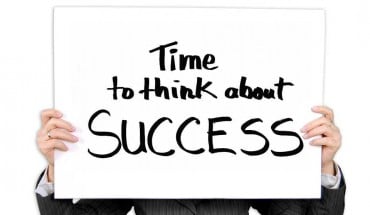



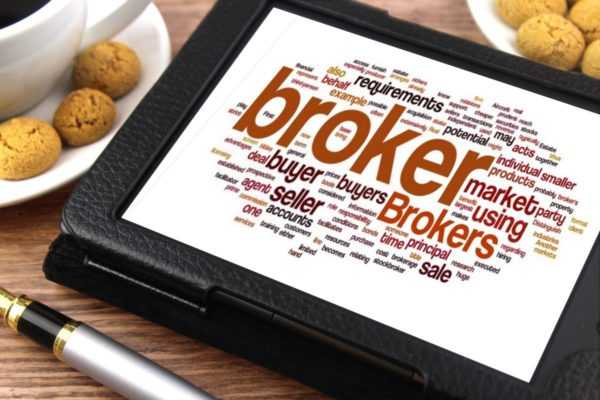
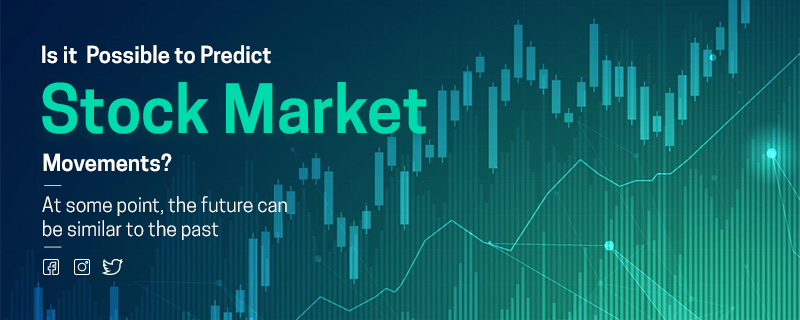

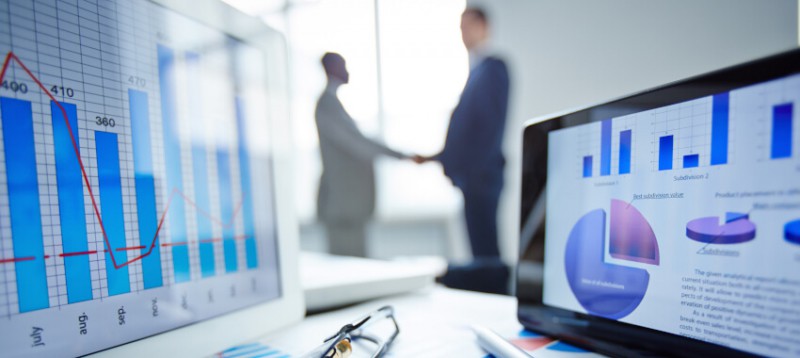

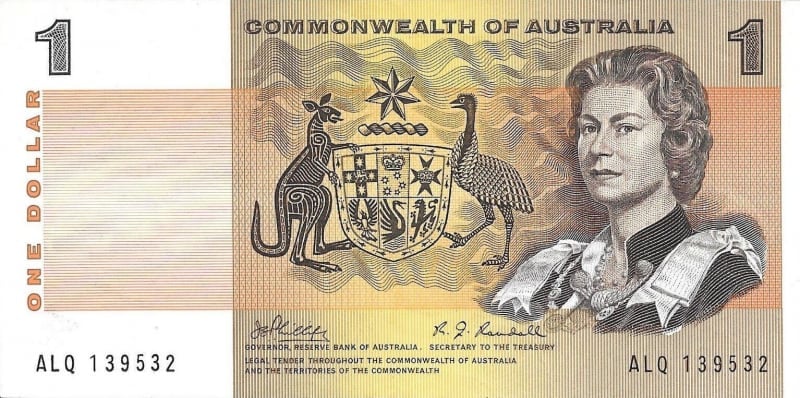
 Cash is money outside of government control. Prohibition of cash will only divert more funds into crypto, outside of fiat system. And this is the reality with which governments will face very quickly. It’s scary that these countries limiting cash payments, and that people are not more concerned, one might say. Many people are still stuck in their old ways and refuse to see the answer. The only possibility is to continue with education. People should know that regulation will help popular acceptance of cryptocurrencies, however, you can only regulate the gateway between fiat and crypto.
Cash is money outside of government control. Prohibition of cash will only divert more funds into crypto, outside of fiat system. And this is the reality with which governments will face very quickly. It’s scary that these countries limiting cash payments, and that people are not more concerned, one might say. Many people are still stuck in their old ways and refuse to see the answer. The only possibility is to continue with education. People should know that regulation will help popular acceptance of cryptocurrencies, however, you can only regulate the gateway between fiat and crypto. Cryptocurrencies’ time is coming, that’s for sure!
Cryptocurrencies’ time is coming, that’s for sure!